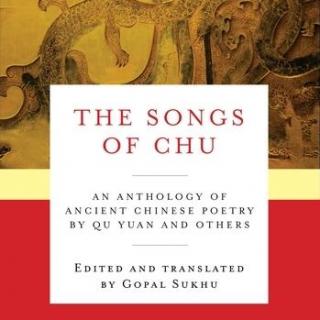
介绍:
On the fifth day of the fifth month of every Chinese lunar year, people in China and several other Asian countries celebrate a special occasion called the Dragon Boat Festival, or better known in Chinese as Duan Wu Jie, a holiday over two-thousand-years old.
Legend has it that in 278BC, when China was in the Warring States period and run by several rival states, Qu Yuan, a poet and statesman from the state of Chu, drowned himself in Miluo River after learning the news of the downfall of his state&`&s capital. People living nearby rushed onto their boats to save him but failed. So they started to throw rice into the water as a food offering to Qu Yuan&`&s spirit, as well as a way to distract fish from eating his body.
As time goes by, on every anniversary of Qu Yuan&`&s death, racing dragon boats and eating Zongzi, a palm-sized snack made of glutinous rice wrapped in reed leaves, have gradually become the common practice to commemorate this great poet for his loyalty and sacrifice.
But why bother? Why is the appetite for celebrating Qu Yuan still around after some two thousand years?
So for the upcoming Dragon Boat Festival, which falls on the coming Monday, June 18th this year, we will try to best answer this question.
On today&`&s program, our reporter Shiyu talks with Professor Gopal Sukhu from Queens College, City University of New York. Teaching classical Chinese, he is the author of two books, "The Shaman and the Heresiarch: A New Interpretation of the Li sao" and "The Songs of Chu: An Anthology of Ancient Chinese Poetry by Qu Yuan and Others."
**************************************************************************************************
If you want to hear their complete conversation, you can download the podcast from iTunes, by searching the key words: Ink&Quill.
In this extended version, you will hear Professor Gopal Sukhu voice his opinion on the populist impact of Qu Yuan, the similarities between Qu Yuan and Zhuangzi, and more.
Also, you will hear a a small segment of Qu Yuan&`&s poem, "The Ruler of the Xiang River" or "Xiang Jun"in Chinese, translated and read by Professor Gopal Sukhu.
大家还在听

